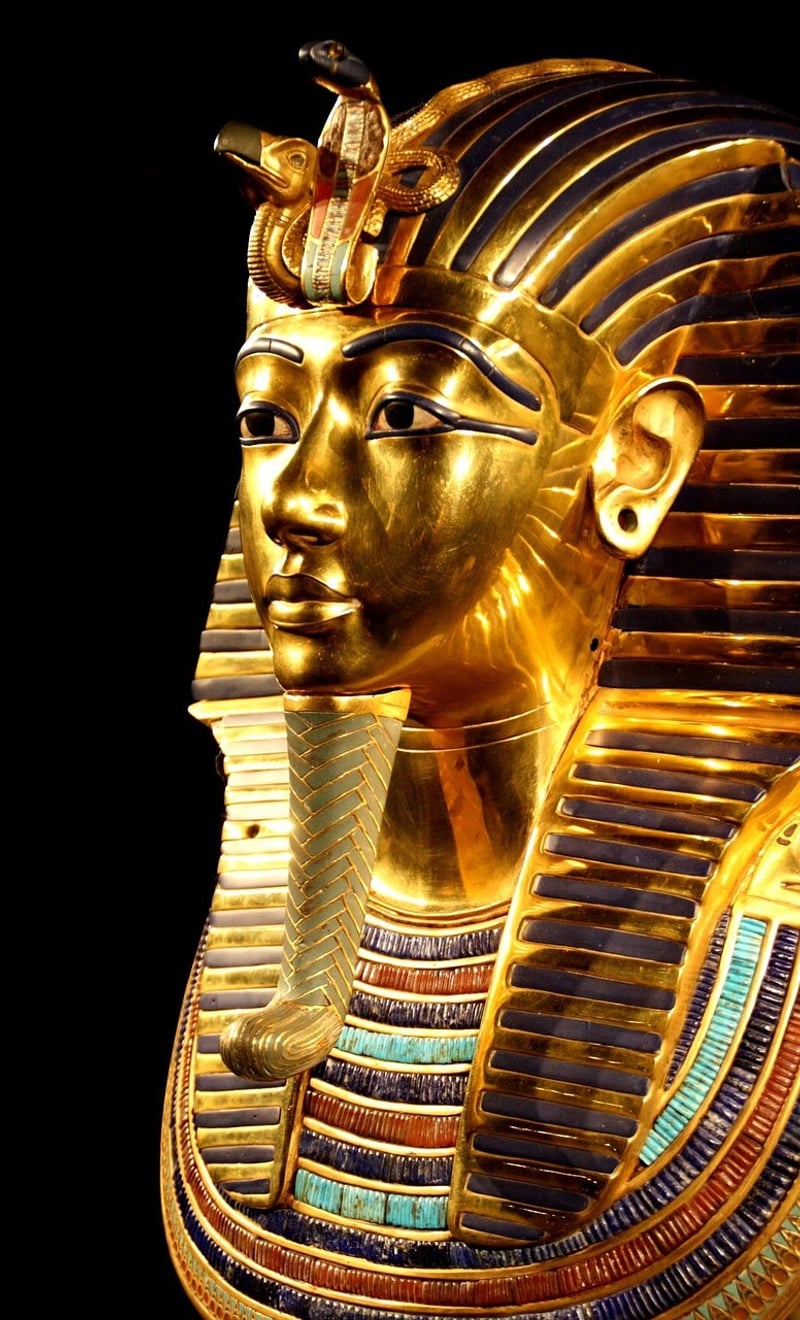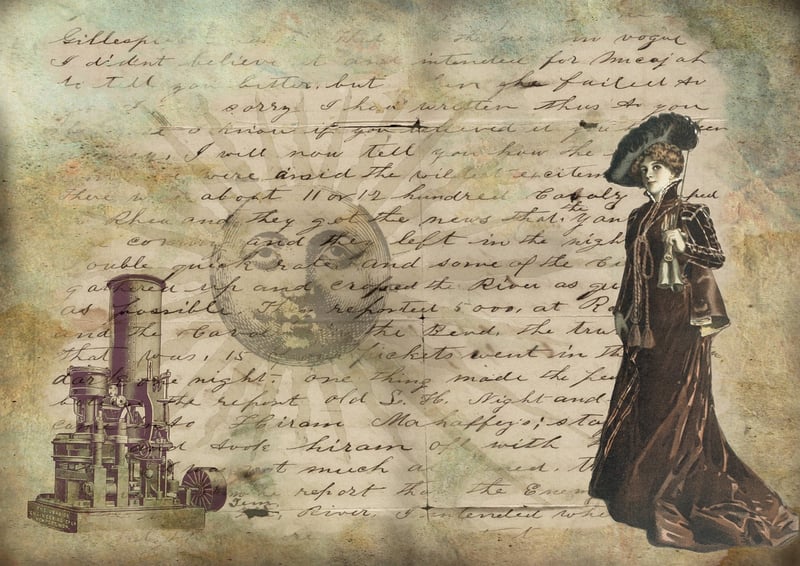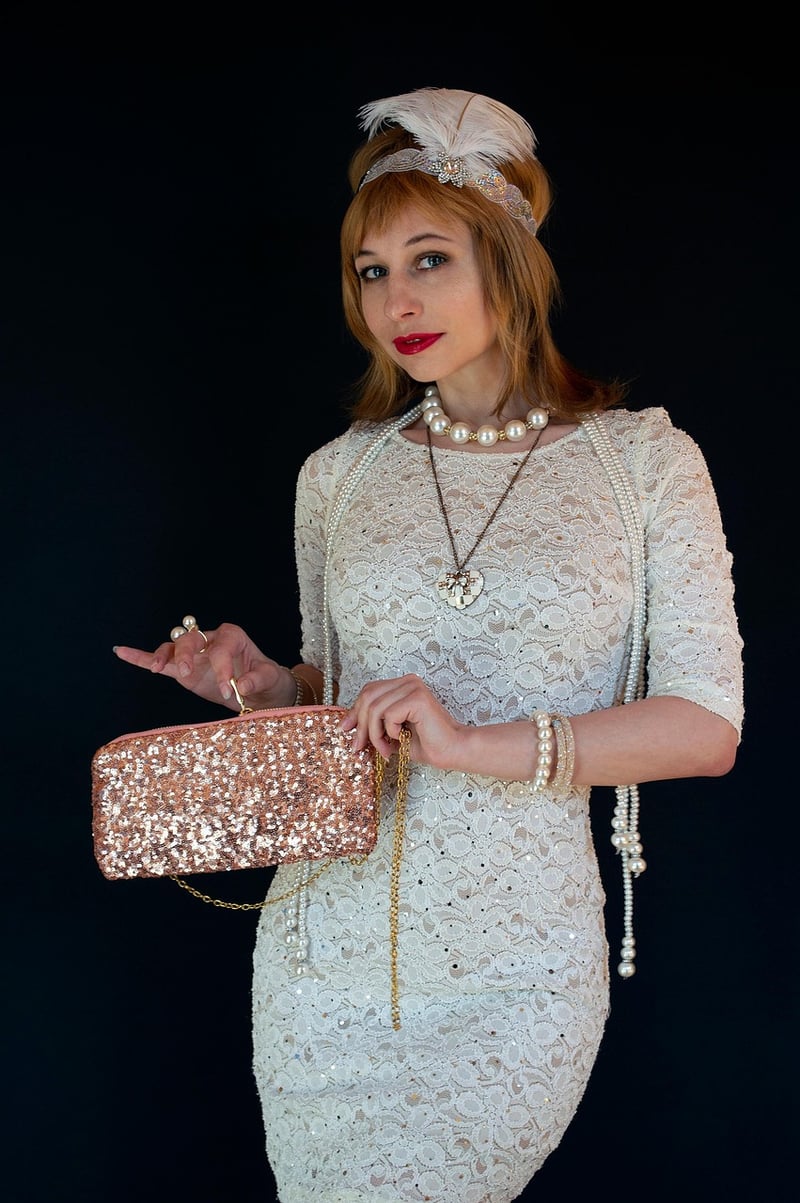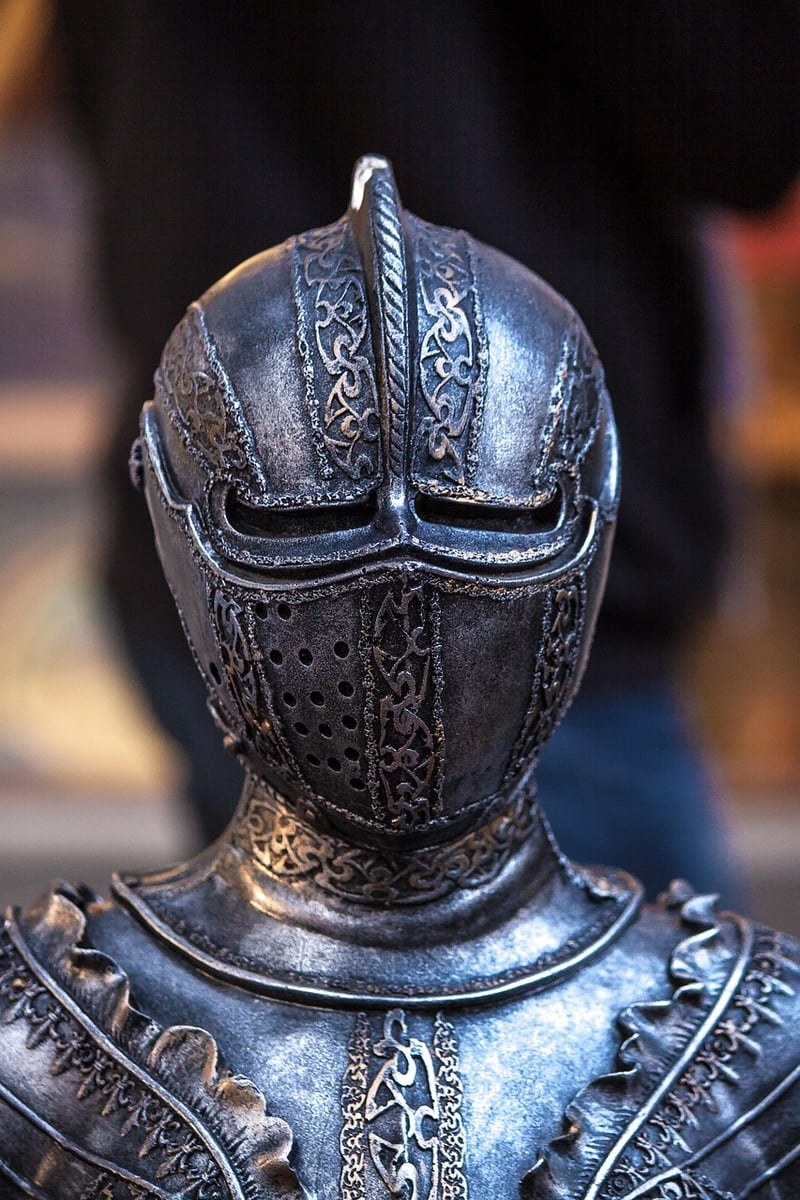Historical Etiquette
Guidance for Time Travelers: Navigating Historical Etiquette
Welcome, time travelers! Whether you find yourself in the roaring 20s or the medieval court of a king, understanding historical etiquette is key to blending in seamlessly and avoiding any temporal disturbances. Let's dive into some essential tips to help you navigate different time periods with grace and finesse.
Ancient Civilizations
When visiting ancient civilizations like Egypt or Rome, remember to show respect to the local customs and traditions. Bowing or using formal greetings can go a long way in showing your understanding and appreciation of their culture.

Victorian Era
In the Victorian era, manners were of utmost importance. Proper etiquette included addressing individuals by their titles and maintaining a polite demeanor at all times. Pay attention to your posture and avoid slouching, as it was considered impolite during this period.

1920s Jazz Age
Step into the glamorous world of the 1920s Jazz Age by embracing the spirit of the time. Dance the Charleston, wear fashionable attire, and engage in lively conversation. Remember, confidence is key in this era of newfound freedoms and rebellion against traditional norms.

Medieval Times
When venturing into medieval times, be prepared for a strict hierarchical society. Show deference to royalty and nobility, address them using proper titles, and be mindful of your gestures and language. Chivalry and respect for authority were highly valued during this period.

Final Thoughts
Remember, as a time traveler, you have the unique opportunity to experience different eras firsthand. By respecting historical etiquette and customs, you can immerse yourself fully in the past and gain a deeper understanding of the cultures that shaped our world.
Safe travels through time!
